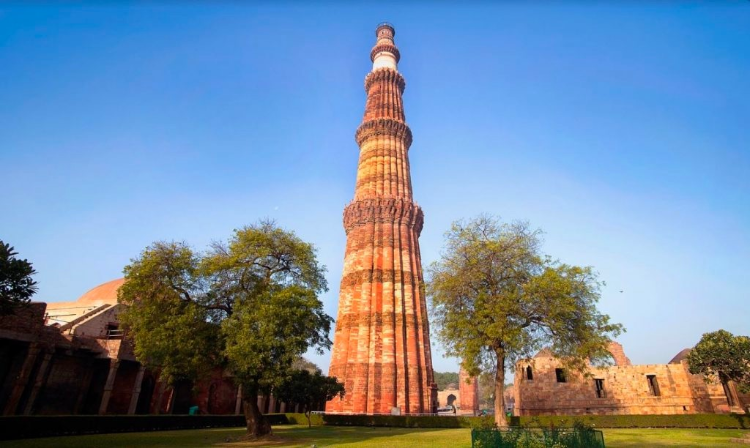Delhi Court Adjourns Till 27th April Hearing In Civil Suit Seeking Restoration Of Alleged Temple Complex Inside Qutub Minar
Nupur Thapliyal
7 March 2021 6:14 PM IST

“An Islamic Structure or mosque raised/ constructed after demolishing a Hindu temple will not gain any legal sanction in law as no Waqf could be created thereat and no mosque could have been constructed over the property dedicated to the deity. The deities and devotees have right to reconstruct the temple/s at same very place where it was before demolition of the temple.” The plaint reads.
Next Story


